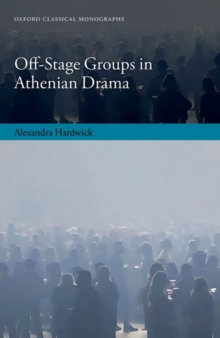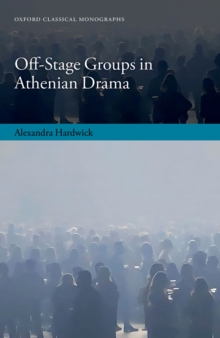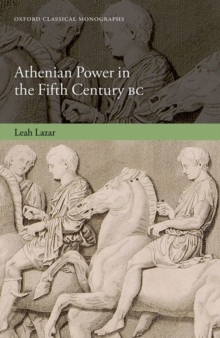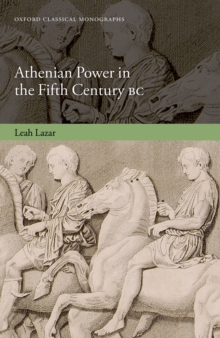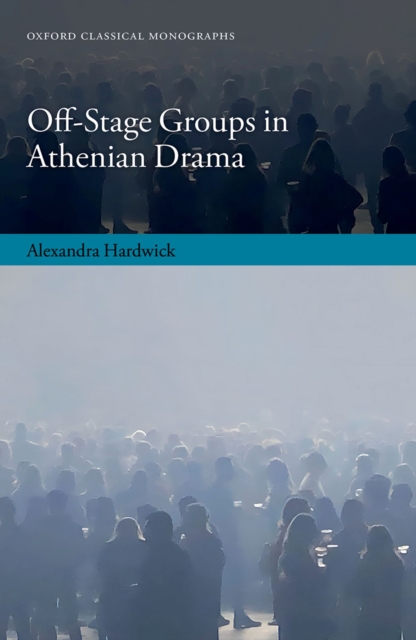
Off-Stage Groups in Athenian Drama EPUB
by Alexandra Hardwick
Part of the Oxford Classical Monographs series
EPUB
Description
Despite the crucial roles they often play, no study yet compares the off-stage assemblies, armies, and populations found in surviving Athenian dramatic works.
Covering fifth- and early fourth-century tragedy and comedy, Off-Stage Groups in Athenian Drama analyses how off-stage groups influence and respond to events on stage, and how characters interact with these groups.
Drama exploits these groups' off-stage nature by depicting them through different characters' viewpoints: characters often struggle to define, predict, or control off-stage groups, which obscures and challenges the audience's ability to interpret them.
The interaction between multivalent and sometimes contradictory narratives of off-stage groups demands a new interpretive framework.
Off-Stage Groups in Athenian Drama provides this framework, offering new readings of several prominent comedies and tragedies.
However, the importance of this framework extends beyond drama.
The first chapter surveys depictions of group decision-making in fifth-century prose, in order to demonstrate how Athenian drama responds to prose depictions of group psychology.
Athenian drama engages with the early ideas of group psychology circulating in fifth- and early fourth-century Athens; it creates fictive worlds where stereotypical depictions of collective emotion can be probed, explored and taken to their logical extremes.
Studying off-stage groups therefore allows us to rethink our understanding of narrative, politics, and social psychology in drama, and the ways in which these fields intersect.
Information
-
Download - Immediately Available
- Format:EPUB
- Pages:256 pages
- Publisher:OUP Oxford
- Publication Date:17/01/2024
- Category:
- ISBN:9780198887249
Other Formats
- PDF from £53.83
Information
-
Download - Immediately Available
- Format:EPUB
- Pages:256 pages
- Publisher:OUP Oxford
- Publication Date:17/01/2024
- Category:
- ISBN:9780198887249
